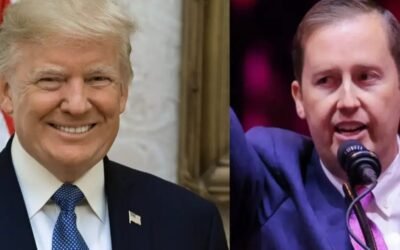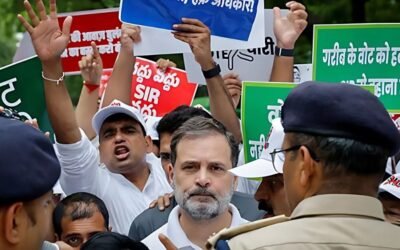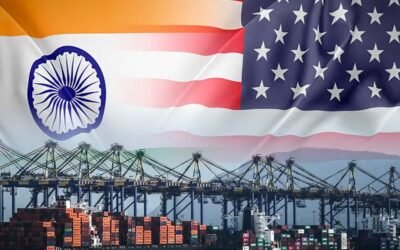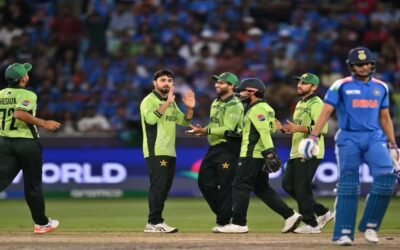NEW DELHI—On August 25, 2025, the Delhi High Court handed down a ruling that has left even the most seasoned observers of Indian politics shaking their heads. By declaring Prime Minister Narendra Modi’s educational records to be “personal information” beyond the reach of public disclosure, the court has taken a decisive step—not forward into transparency, but backwards into secrecy.
For nearly a decade, questions about Modi’s academic qualifications have lingered. Critics have pointed to contradictory statements and conflicting documents, asking for nothing more radical than proof of authenticity. In a functioning democracy, this would be settled by the simple act of showing a degree certificate. Instead, India’s judiciary has built a legal fortress around the Prime Minister’s credentials, leaving citizens to wonder: What exactly is being hidden, and why?
‘Not public property’: Delhi High Court rules PM Modi’s graduate degree will not be disclosed even under RTI pic.twitter.com/sbHo99TuWR
— The Tatva (@thetatvaindia) August 25, 2025
The judgment’s tortured distinction between “something of interest to the public” and “something in the public interest” is not just legal hairsplitting—it is a weaponized form of obfuscation. The educational qualifications of a sitting Prime Minister are unquestionably in the public interest. They speak not only to personal credibility but to the integrity of the office itself. Yet the Delhi High Court has effectively told the Indian people that their curiosity about their leader’s honesty is irrelevant.
Democracy by Secrecy
This ruling does not stand alone. It fits seamlessly into a pattern that has defined India’s political trajectory under Modi: a steady dismantling of democratic safeguards, the erosion of transparency, and the elevation of personality cult over institutional accountability. The Right to Information Act—once celebrated as a revolutionary tool empowering ordinary Indians—has been hollowed out. Investigative journalists face harassment, lawsuits, and worse. Whistleblowers are silenced. The message is clear: India’s democracy is not for the people, but for those in power.
BJP’s propaganda machine glorifies selective rankings, but here’s the reality of India under Modi:
▪️Global Hunger Index: 105/127, with “serious” hunger levels; child wasting at 18.7%.
▪️Press Freedom Index: 159/180, amid journalist attacks and media control.
▪️Global Gender… pic.twitter.com/B64S5o48N0
— Pawan Khera 🇮🇳 (@Pawankhera) November 28, 2024
International watchdogs have been blunt. Freedom House has downgraded India’s democratic status. The Economist Intelligence Unit now describes it as a “flawed democracy.” Some scholars go further, calling it an “electoral autocracy.” Yet the Modi government and its loyal machinery insist on clinging to the title of “the world’s largest democracy.” Numbers alone—900 million voters—do not make a democracy. Transparency, accountability, and equality before the law do. And on these counts, India continues to fail.
The Modi Mystique
For years, Modi has cultivated a carefully crafted image: the humble tea-seller who rose to the highest office of the land. His supporters treat this narrative as sacred, immune to criticism or fact-checking. But democracy requires more than storytelling. If a leader demands absolute loyalty, he must in return be willing to submit to absolute scrutiny. That is the social contract. Modi’s refusal to reveal his degree—and the judiciary’s willingness to shield him—shatters that contract.
It is worth remembering that India’s courts have not shown such generosity when it comes to ordinary citizens. Students, activists, and journalists routinely see their privacy trampled, their phones hacked, their personal information paraded in public as a tool of intimidation. But when it comes to the Prime Minister, suddenly privacy becomes sacrosanct. This double standard is not merely ironic—it is a profound betrayal of the democratic principle of equality before the law.
The Façade Exposed
With this ruling, India has exposed itself to the world. A government that cannot tolerate scrutiny of a degree certificate cannot be trusted with safeguarding freedom of speech, minority rights, or electoral fairness. A judiciary that shields the powerful while abandoning the powerless cannot be called independent.
The façade of the “world’s largest democracy” is cracking. Behind it lies a system that thrives on secrecy, suppresses dissent, and shields its rulers from accountability. For the Indian people, the ruling on Modi’s degree is more than a legal technicality—it is a grim reminder of the shrinking space for truth in their country.
A real democracy would have produced a certificate. India’s has produced only excuses.
You May Like To Read:







